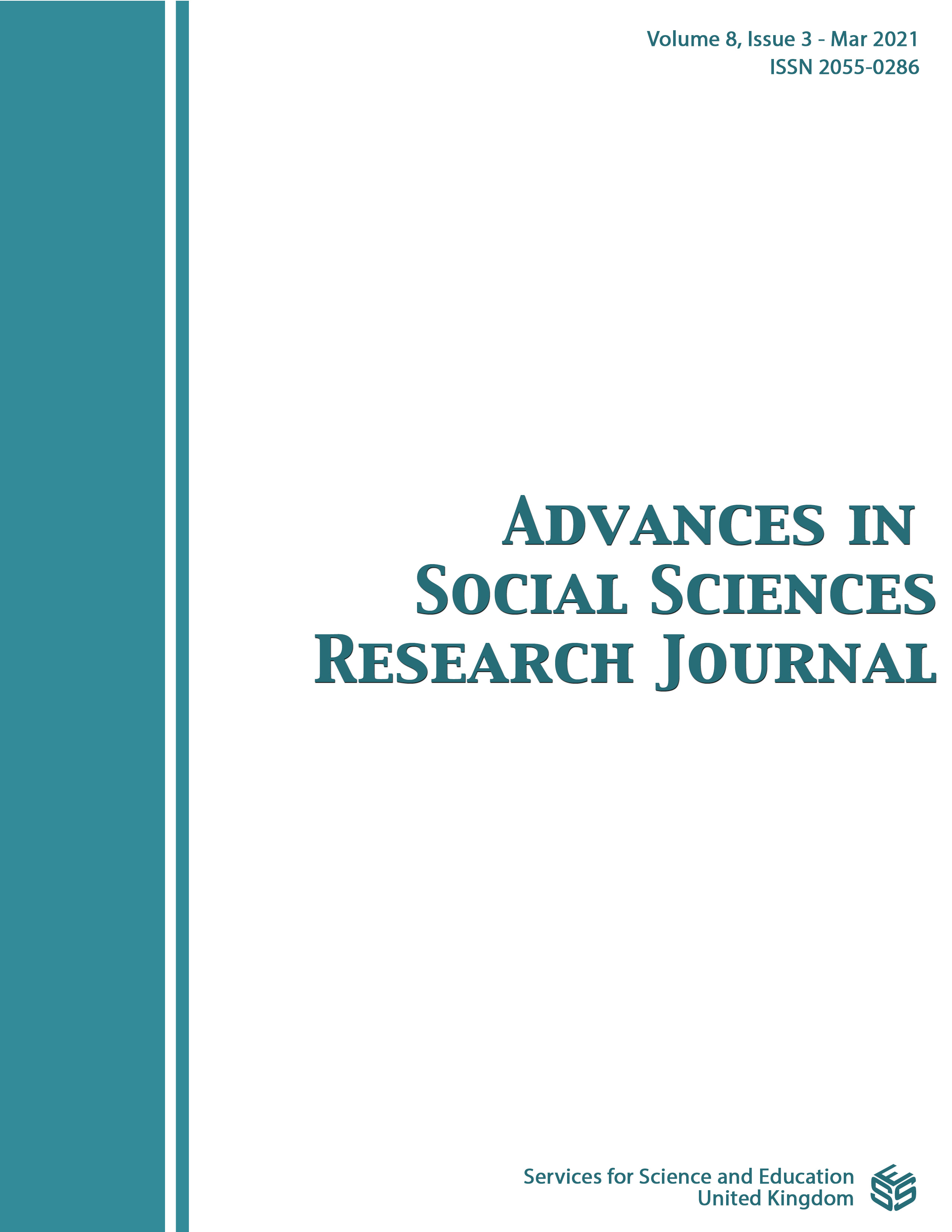A New Model of Unified Psychology
DOI:
https://doi.org/10.14738/assrj.83.9884Keywords:
human behavior, algorithm of behavior, unified psychology, psychology perspectives, digital twin of mind, fundamental questions of psychologyAbstract
There exist several unassertive schools of unified psychology which attempt to consolidate divided psychology perspectives by offering equally contentious hypothetical constructs. At the same time, all psychology doctrines are in essence based on an identical premise as they all study human behavior. Accordingly, we approach the unification of psychology through the lenses of the originally proposed algorithm of human behavior, which is defined as a sequence of steps and feedback mechanisms. The algorithm is assessed from the standpoint of the six main psychology perspectives (behavioral, biological, cognitive, humanistic, psychoanalytical, and social). The primary attributes of the perspectives are projected onto the schematics of the algorithm and paired with its elements. We postulate that the algorithm reflects the fundamental premise of each of the individual perspectives, and in doing so integrates them into a single concept of human behavior. The model does not compromise the integrity of various schools of thought, but rather provides a framework uncovering their integrational potential and strengths. The model – unlike typical narrative canon – is compact, analytic, and adaptable to new data. Despite being based on formal logic it is able to shed light on such fundamental issues as human nature, relation between body and mind, relation between humans and nonhuman animals, and unity of experience.
Downloads
Published
How to Cite
Issue
Section
License
Authors wishing to include figures, tables, or text passages that have already been published elsewhere are required to obtain permission from the copyright owner(s) for both the print and online format and to include evidence that such permission has been granted when submitting their papers. Any material received without such evidence will be assumed to originate from the authors.






